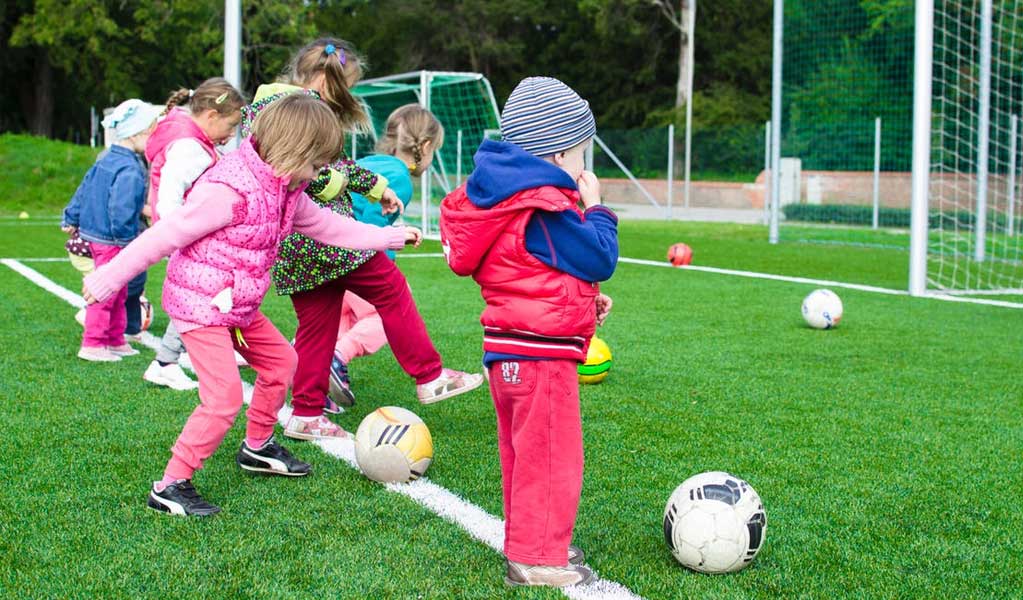How to Improve Social Skills of Your Child
Helping your child develop their social skills from an early age will have long-lasting results that improve the different facets of their existence. From the speech, development to feel comfortable speaking in social situations, teaching the art of face-to-face communication is increasingly important in our technological world. Developing social skills starts with the parents. Here are some practical ways how to improve social skills to help your child become more social.
Riddles, Questions, and Conversation
During long drives and downtime at home, fill the space with riddles, questions, and conversation rather than distracting technology. Playing games like Would You Rather is not only a great way to get your child thinking and speaking but also doubles as a great date night activity with your spouse (thoughtcatalog.com has inspiration for the latter).
Ask your child questions about places they’d like to travel, what they would do if aliens invaded, and what kind of food they would eat if they could only eat one thing forever. Asking these questions teaches your children to show interest in other people’s thoughts and experiences, as well as creating a foundation for developing conversations.
Empower Them to Speak in Public
Rather than ordering meals for your children at restaurants, encourage them to ask for themselves. Reinforce proper manners when interacting with people at the store, in restaurants, and other areas where conversation is necessary. Doing so sets them up with the social skills they need to get by as they get older, and the earlier you start, the less resistance you’ll face.
One of the struggles parents face when encouraging kids to speak in public is the contradiction to the discussions surrounding not speaking to strangers. It can be challenging to help children understand the difference between speaking to a stranger in a required social situation, versus an unsolicited conversation. Having an open conversation about this subject encourages further communication.
Create Opportunities for Structured Play
Sending your child to daycare or interactive events gives children an opportunity to have engaging social experiences in a safe, constructive environment. The combination of structured social interaction and educational games helps develop your child’s social skills, in addition to their gross motor skills.
If you don’t have your child enrolled in daycare, consider looking into community events and playgroups that welcome visitors during scheduled times. This is a great option for stay-at-home parents who have no need of daycare but want their child to get more socialization before going to school.
Allow for Unstructured Play
While the structured play is important for many reasons, balancing it with opportunities for unstructured play is also integral to the development of social and problem-solving skills. Unstructured play in both group and solo settings can be effective for developing social skills, as solo play encourages children to use their imaginations and develop a narrative on their own.
You’ll find that children become better at interacting and telling stories as they practice more often. When they’re alone, they learn to become more self-sufficient in entertaining themselves. In a group, they learn how to interact with others and collaborate to create narrative games, learn leadership and teamwork, and communicate their emotions in a structured manner.
Limit Screen Time
Studies have shown that excessive screen time can be detrimental to the development of your child’s social skills. By limiting screen time as much as possible, you’re providing your child with more opportunity to develop their social skills, imagination, gross and fine motor skills.
Going through the process of breaking the screen addiction can be challenging, resulting in inappropriate emotional outbursts for a period of time. You’ll find that after a few days without screen time, your child’s mood will change and they’ll find other ways to entertain themselves. Consider taking a special trip to the store to purchase art supplies or small toys as rewards for going without screen time. Set an example by spending less time on your phone while your child is around.
By incorporating these tips into your children’s existence, you’ll create ample opportunity for the development of strong social skills that will benefit them for the rest of their lives.

